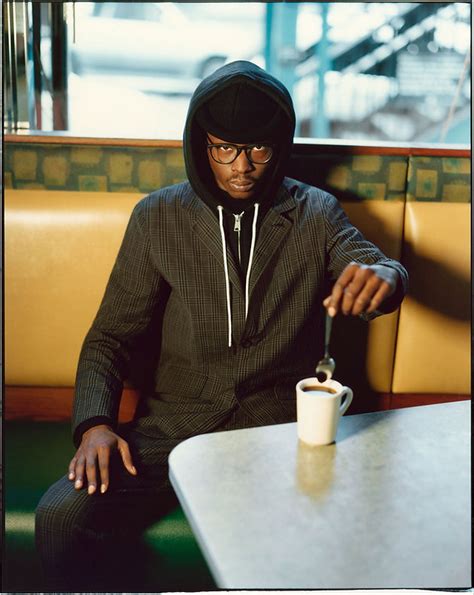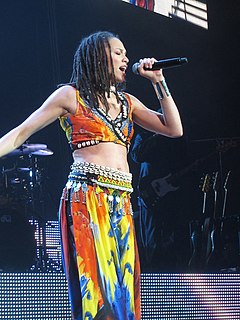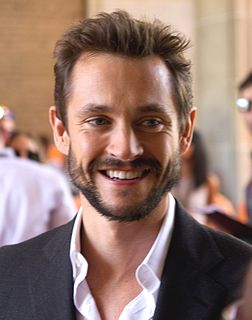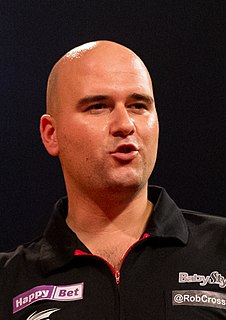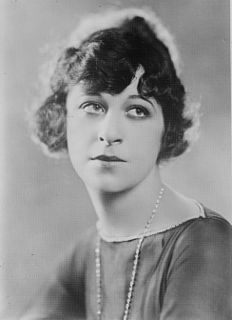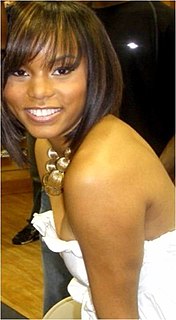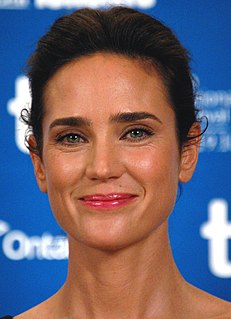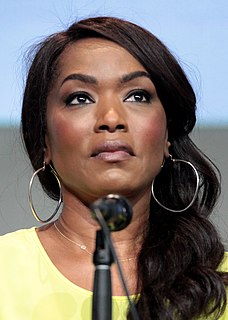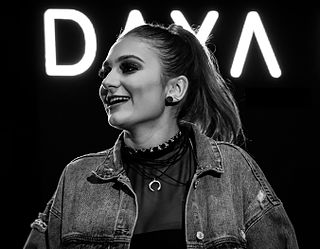A Quote by Ashton Sanders
For my career, I want to be able to do projects that have serious context to them or that make me grow as a person and an artist after the experience.
Related Quotes
No matter what as an artist that's always what you want to do, you want to connect to the audience, you want to be able to send whatever message it is that you're singing about, you want to be able to convey that - and not make them feel - you want them to feel it, you want them to feel what you feel.
When you don't talk down to your audience, then they can grow with you. I give them a lot of credit to be able to hang with me this long, because I've gone through a lot of changes, but they've allowed me to grow, and thus we can tackle some serious subjects and try to just be better human beings, all of us.
It's my life dream to be able to go and continue going to schools and teaching them about stretching and aerobics, cardio and strength training, because I want them to have a better life than I did. I don't want them to grow up to be me. I want them to be healthy. I want them not to go through eating disorders [like me].
You can't always do that which you can do in your sleep. That doesn't fulfill an artist. You're looking for places where you can grow, in some way, whether it's a large way or a small way. I want to grow as an artist, as a person and as a woman. I want to enjoy myself and my life and the company that I'm keeping. I want to bring something to the table that's different than anything else would bring, but that has its place and value, and then keep moving.
The way in which the photograph records experience is also different from the way of language. Language makes sense only when it is presented as a sequence of propositions. Meaning is distorted when a word or sentence is, as we say, taken out of context; when a reader or listener is deprived of what was said before, and after. But there is no such thing as a photograph taken out of context, for a photograph does not require one. In fact, the point of photography is to isolate images from context, so as to make them visible in a different way.
I think 'Interscope' always puts the artist first, and they're focusing on these artists' development. I felt like that was a part of my career that I kind of needed to focus on after having come from the radio and getting exposure that way. I wanted to grow my brand and grow my fanbase, and they have proven to be the best fit for that.
The worst part is that if you become part of a major - all these independent labels become farm teams for your corporate parent. Basically, you do all the work for years, blowing up an artist - you discover them, blow them up, you build their fan base. And then that artist is like, "Okay, now I'm here. Now I want more. I want to be bigger." And you're either going to be able to accommodate them, you're going to be able to figure out how to take that step with them, or you're going to lose them.
